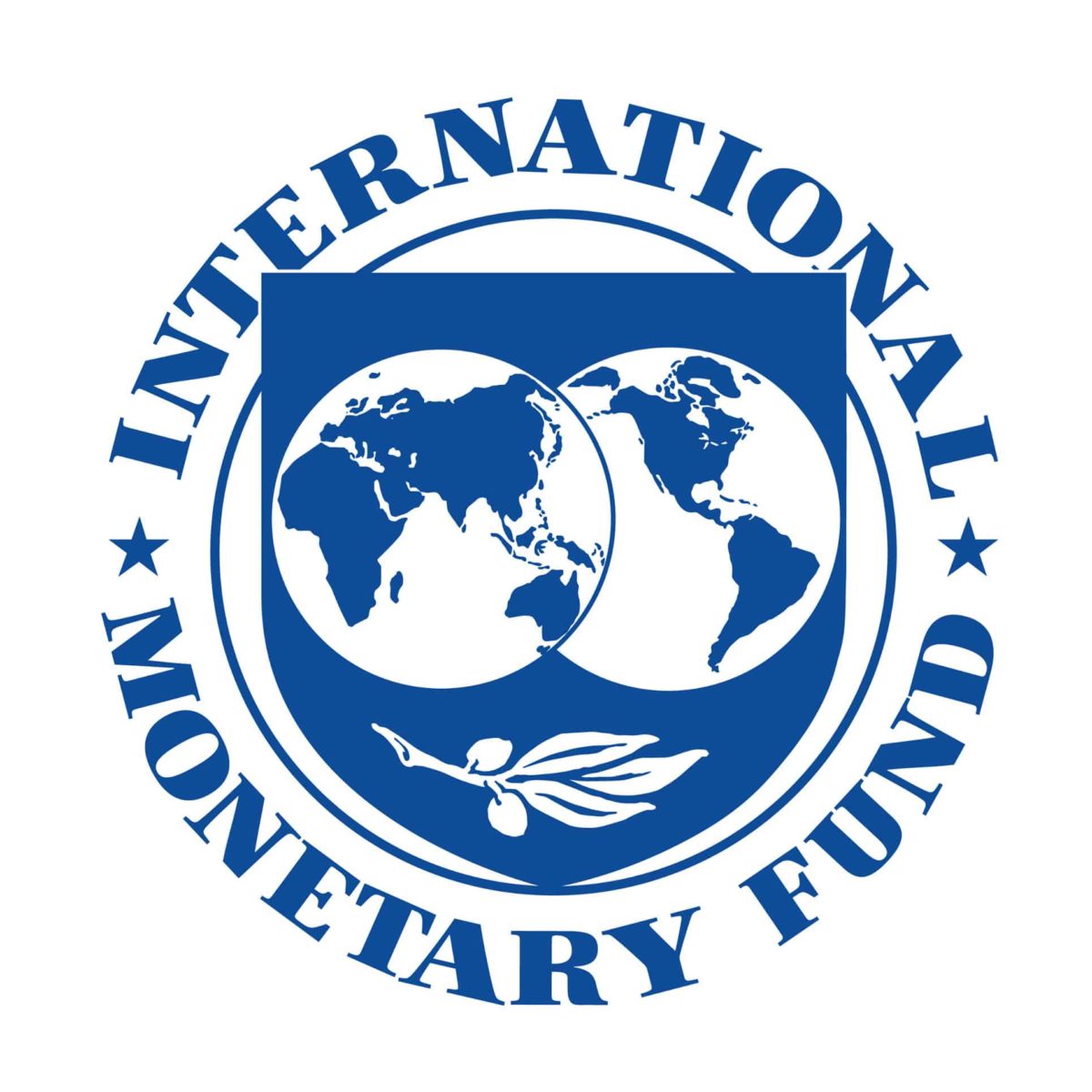The Costa Rican Presidency on Thursday announced the fiscal measures it will present to the International Monetary Fund (IMF) as part of negotiations to secure $1.75 billion in financing.
According to a statement from Casa Presidencial, the changes are intended to protect key institutions — such as the Social Security System (CCSS) — and avoid placing undue burden on the middle and lower classes.
“We have set out to build a proposal to achieve a reasonable agreement, which includes a significant decrease in spending and an increase in income,” said Elián Villegas, Minister of Finance.
The three-year agreement with the IMF “is our best option,” said Rodrigo Cubero, president of the Central Bank.
Government proposes tax measures
The government introduced tax measures on income, expenditure and assets.
Among them is a 0.3% fee on banking transactions for two years, subsequently dropping to 0.2% for a further two years.
“It is projected that with this tax, it is possible to finance what will no longer be received by social charges and the reduction of public debt,” Casa Presidencial said.
Income taxes would also increase for Costa Rica’s highest earners. An additional 2.5% would be charged for those making above ¢840,000 monthly (about $1,400); an additional 5% for those making above ¢1,233,000 (about $2,050); and an additional 10% for income greater than ¢4,325,000 (about $7,250).
Businesses and legal entities with large net incomes would also see a tax increase depending on their reported income.
A 5% tax would be charged “for remittances abroad to income from Costa Rican sources of natural and legal persons not domiciled in Costa Rica.”
Finally, the government proposed an increase of 0.5 percentage points in property tax on real estate, and the elimination of tax exemptions to cooperatives, among others.
The government hopes to reduce its costs through the closure or merger of decentralized bodies, the elimination of annuities, the reduction of political debt by 50%, the process of voluntary mobility of public officials, and the sale of assets such as the National Liquor Factory (FANAL) and the International Bank of Costa Rica (BICSA).
All measures will be brought to the Legislative Assembly for debate; they will also be presented to the IMF.
Costa Rica’s negotiations with the IMF
Costa Rica requested $1.75 billion in financial assistance from the IMF as part of the entity’s Extended Fund Facility (EFF).
It represents Costa Rica’s first EFF negotiations since the financial crisis of the early 1980s. At the time, Costa Rica struggled to adhere to the IMF’s terms.
“When a country borrows from the IMF, it commits to undertake policies to overcome economic and structural problems,” the organization says. “Under an EFF, these commitments, including specific conditions, are expected to have a strong focus on structural reforms to address institutional or economic weaknesses, in addition to policies to maintain macroeconomic stability.”
The IMF was founded in 1945 and is headquartered in the United States. Costa Rica is an original member of the organization, though its membership didn’t become official until early 1946.
Costa Rica has a history of lending commitments with the IMF. The majority were stand-by arrangements (SBA), which are short-term loans with fewer conditions.
Most recently, the IMF in April approved $504 million in emergency assistance to help Costa Rica address the coronavirus pandemic.
Prior to the pandemic, the IMF said Costa Rica’s economy had “turned around since mid-2019” with modest growth expected in 2020.
Costa Rica’s negotiations with the IMF regarding the EFF are expected to begin later this month.






